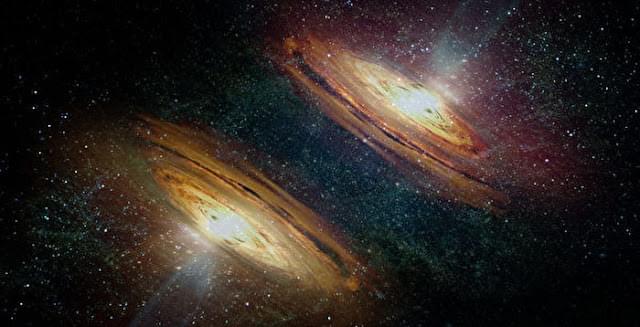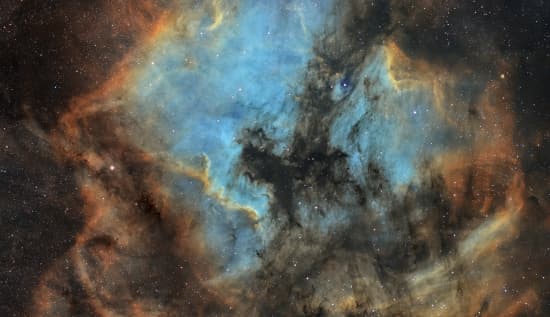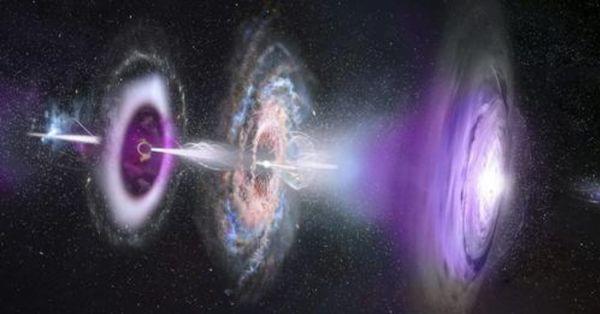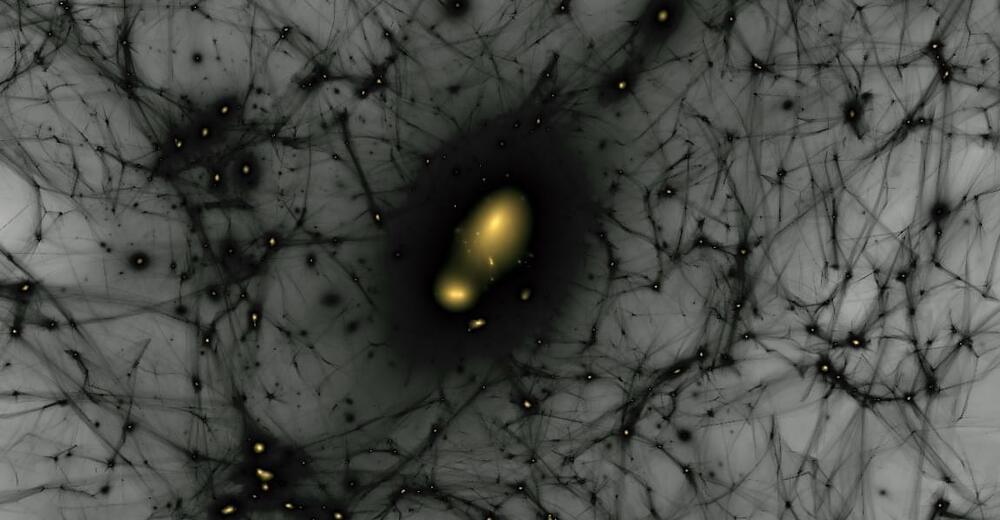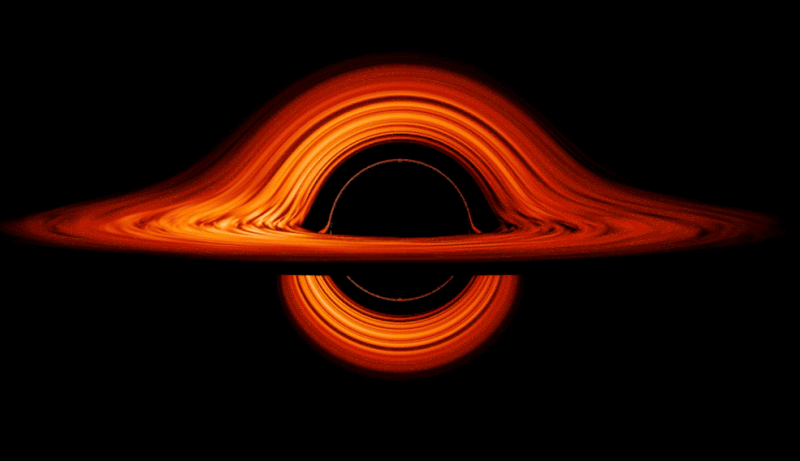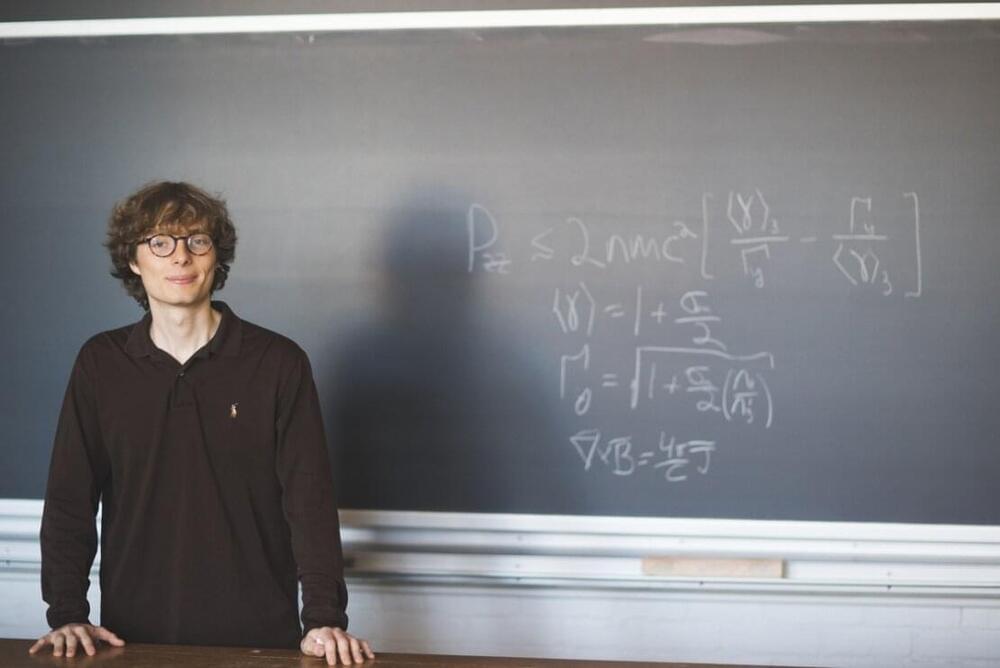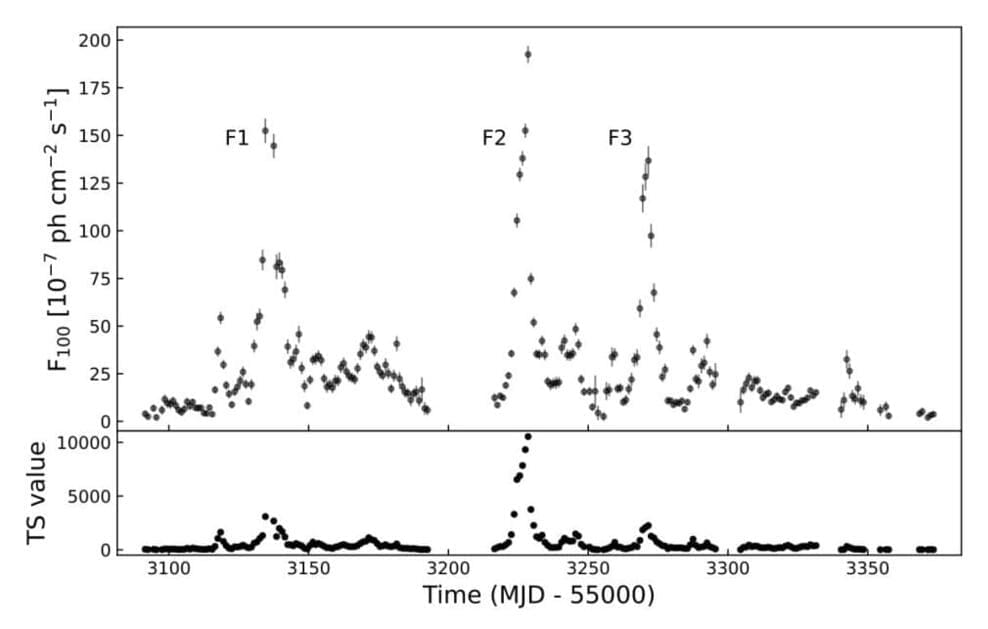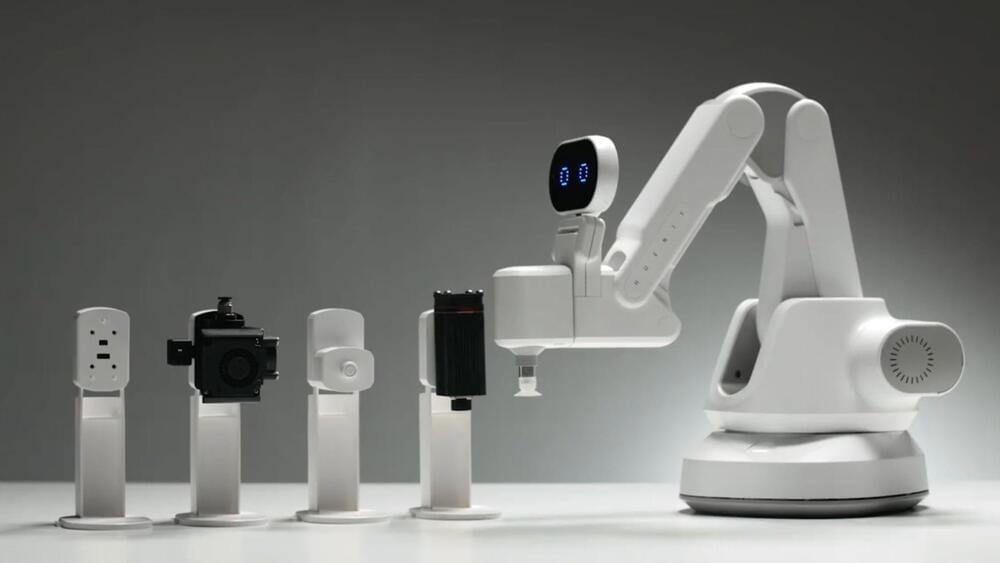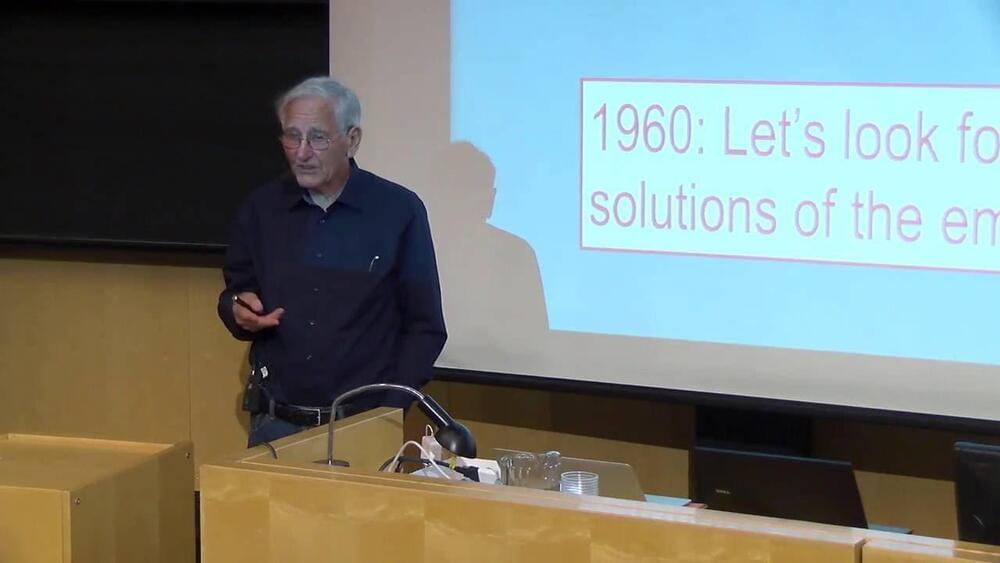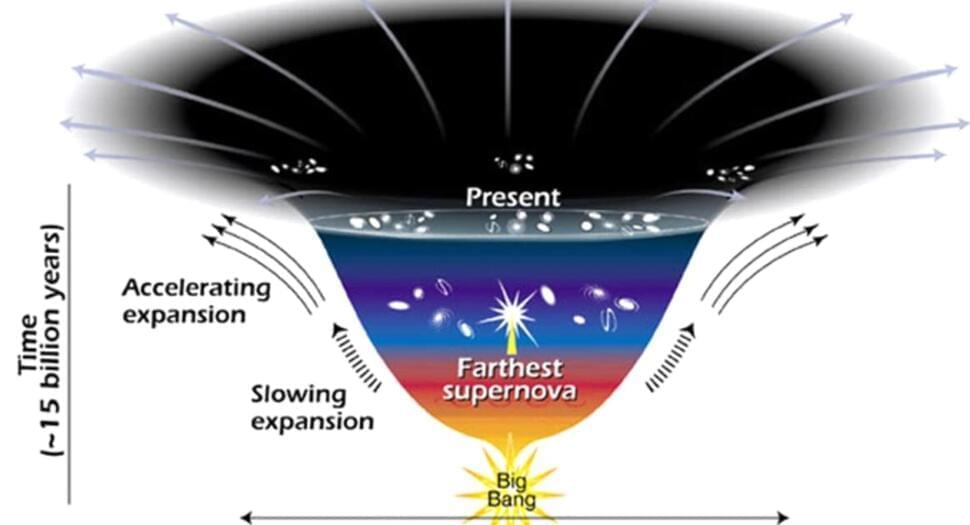Jan 6, 2023
Big Bang may have created’mirror universe’ where time runs backwards
Posted by Dan Breeden in categories: cosmology, physics
In November 2018, three physicists from the Perimeter Institute for Theoretical Physics in Waterloo, Canada, offered an unusual idea: from the Big Bang not only the Universe we know but also ‘its mirror image’ created.
Twin spiral galaxies and stars in space. NASA provided picture elements. A universe that extends backward in time. From our perspective, the Universe “after the Big Bang” moves… backwards.
The physicists Latham Boyle, Keran Finn, and Neil Turok suggested in a Physical Review Letters article that the Universe we live in is merely a fragment of the true Universe and that if so, dark matter and inflation would no longer make sense.
